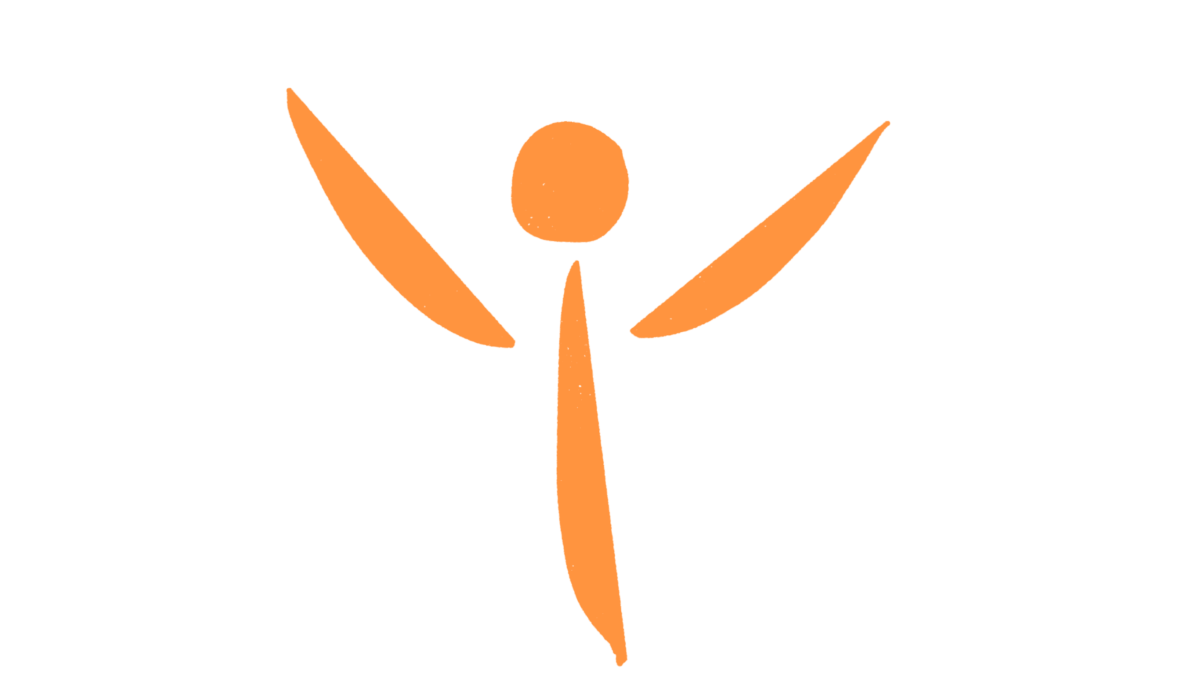
Culture is the culmination of the Social Norms we learn and perpetuate, as we develop and grow within a Society.
- My Culture – Your Culture – Our Culture – Their Culture
- We are Social animals, tribal and we grow up in a Culture, created by those already there.
- We are taught beliefs about reality by those in the Culture. Those beliefs, including those that become unconscious biases, become the lenses, through which we perceive reality.
- My Reality – Your Reality – Our Reality – Their Reality.
- No!
- My representation of Reality – Your representation of Reality – Our representation of Reality – Their representation of Reality.
- No-one knows reality, we know only, our REPRESENTATIONS of Reality
Those representations of course, become our Truth.
Ahh Truth, what is that again?

Click here to see:- truth define document
Culture does in a major way then, through what we are taught within it, influence how we each represent reality.
Culture~ exists wherever human beings come together, bounded by a continent, a country, a city, a district, a village, a pub, a club, a political party, an organisation / workplace, a spiritual way of being, a religion, a church, a school, a University, a Team etc.
A major driver of how it comes about, is our social brain.
We are primarily social animals, herding, tribal creatures, wired with a strong desire to fit in. (Proven perhaps by the few who do not🤪)
Do we really desire to fit in?
Do we really need to conform?
We learn cultural norms from others.
The norms are laid down within us as, patterns of thinking, values / beliefs (lenses through which we perceive reality and consequently build our representations of it) and patterns of behaviour (habits), triggered by cues present in any given context e.g. the Brit’s propensity to queue.
Those beliefs that we learn of course, impact the representation of the reality we live in.
- Can you change the beliefs you learned from your culture / background / upbringing?
- What happens to your representation of reality, when you change the beliefs / lenses you learned?
- Did you ever find changing your beliefs / lenses, changed who you socialised with?
- Did you ever find changing your environment e.g new job, new locale, caused you to change behaviour, in order to fit in with the new culture?
- What about beliefs, any change?








